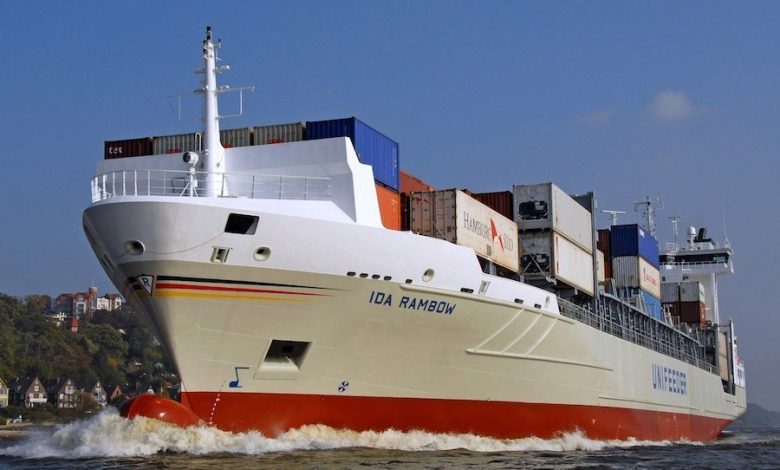
The feeder opportunity
Santosh Patil delves behind the rationale for DP World’s surprise acquisition of Unifeeder.
The recent takeover of Unifeeder by terminal operator DP World has grabbed many headlines already. To be honest I was a bit surprised when it was predicted that this may turn into another MBA horror story of misguided expansion.
If the world’s top shipping lines can get into the terminal business, why is it that a large terminal operator’s acquisition of a feeder operator is frowned upon? Is backward/forward integration out of fashion? It’s just a business decision which may turn out to be good or bad. Given the uncertainty of today, DP World probably is looking beyond its immediate horizons for growth opportunities.
To understand this a bit more, let’s look at the current scenario. Much of the global liner trade today is in the hands of a few large liner operators with global operations, but when it comes to feeders, you can hardly name anyone barring probably X-Press Feeders, which has a fairly large footprint.
As per the statistics available – Alphaliner claims in a recent report that the world 2017 feeder throughput is estimated to be around 65m teu. I am presuming that a good chunk of this would be through shipping lines’ own feeder networks. X-Press Feeders claims to have handled 5.6m teu in 2017 while Unifeeder handled 3.2m teu. It is clear therefore that there are several operators who have small/ fractional shares in the larger feeder pie, all of whom are fighting for survival with wafer thin margins.
Several major shipping lines today have regional feeder desks which negotiate and manage most requirements locally while some manage it centrally through their head offices. One of the challenges that lines face are to find a competent and reliable feeder vendor which can service their global needs. To ensure their connectivity needs are met, few operators take it upon themselves to operate their own feeder services which requires deployment and managing assets.
The negotiating ability of most feeder operators is limited and the mainlines are able to keep prices low. However, someone with the strength of DP World can consolidate the feeder capacity and be a large feeder operator to reckon with. This brings significant value to the table and will be in a better position to negotiate. A global feeder operator who can take care of lines’ feeder needs does present a strong alternative which shipping lines may consider positively.
DP World has a global presence with a large number of container terminals which include both gateway and feeder ports as well as inland terminals. In India, they even operate rail road services. So, adding a feeder service to this bouquet of services is an extension of services to liners – unheard of, but not entirely implausible.
Will DP World stop at Unifeeder or will they look at acquiring some more is a question that remains to be answered.